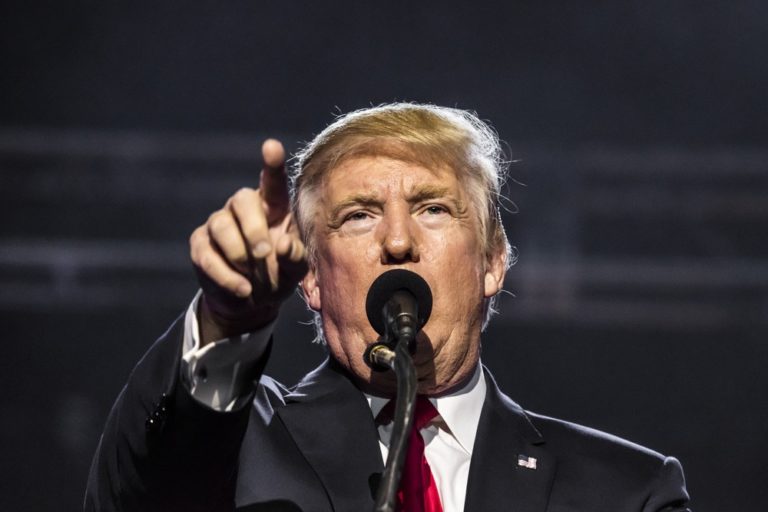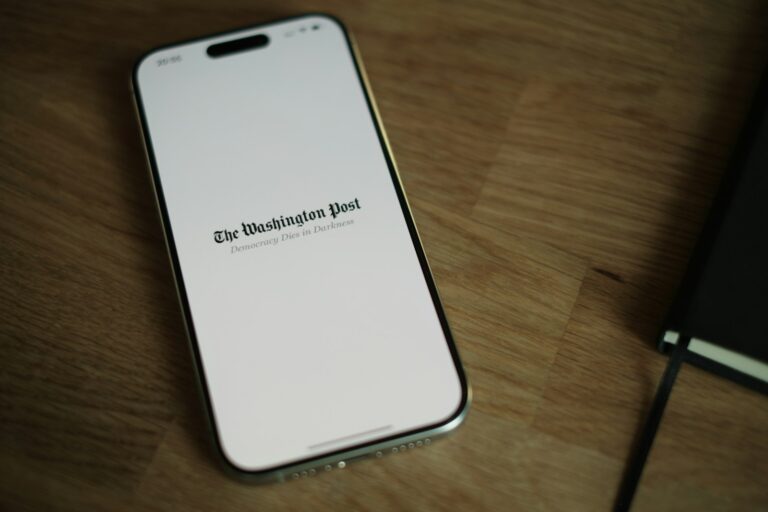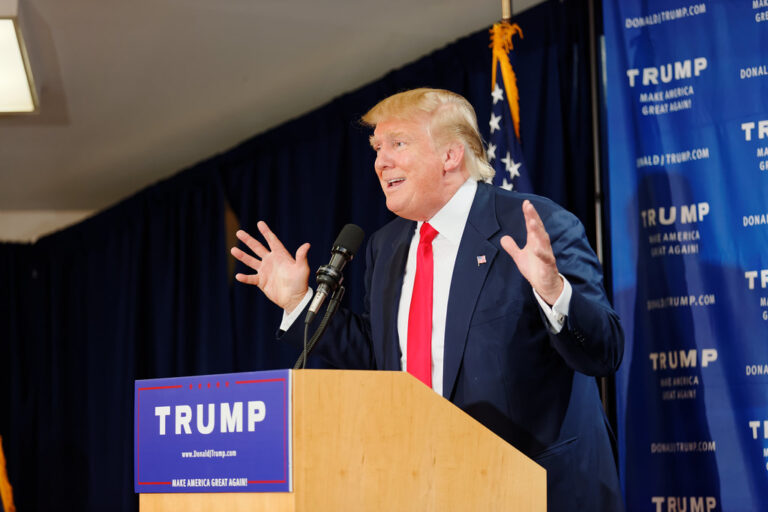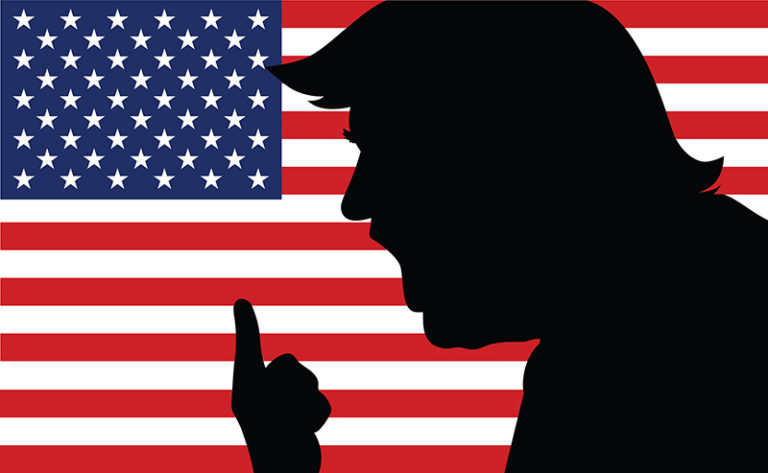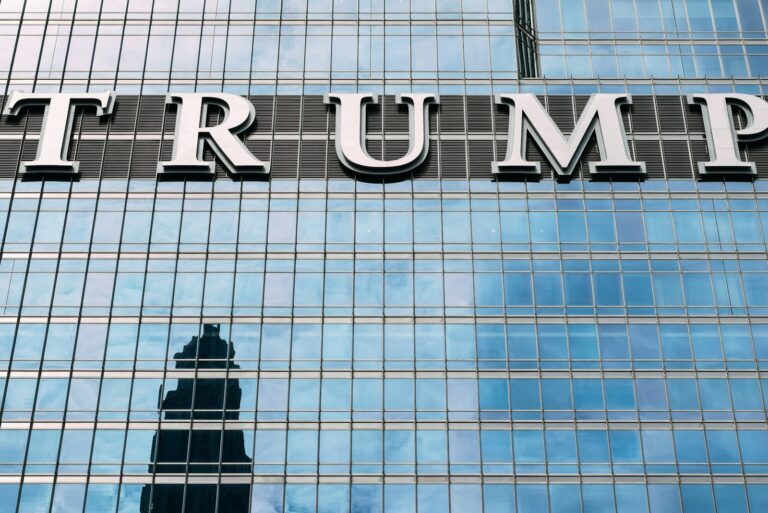Key Takeaways:
- Constituents criticized Rep. Mike Flood for supporting a bill that cuts Medicaid and SNAP, slashes Medicare, and benefits the wealthy.
- Flood faced tough questions about not standing up to President Trump and failing to act as a check on the executive branch.
- He defended Medicaid cuts by claiming they wouldn’t heavily impact Nebraska and cited stricter work requirements.
- Flood admitted he didn’t read a provision in the bill that could shield Trump from court contempt, sparking outrage.
- Many attendees left feeling distrustful of Flood’s truthfulness and commitment to his constituents.
Nebraska Town Hall Turns Heated Over Trump’s Controversial Bill
In a tense town hall meeting, Nebraska Representative Mike Flood found himself in the hot seat. Angry constituents slammed him for supporting President Trump’s “Big, Beautiful Bill,” which cuts vital social programs and gives huge tax breaks to the wealthy. The event turned fiery, with Flood struggling to defend his votes and actions.
Constituents Demand Answers on Social Safety Net Cuts
Many in the crowd were upset about cuts to Medicaid and SNAP, programs that help low-income families. Flood argued that most Nebraskans wouldn’t be affected by the Medicaid cuts, pointing to stricter work requirements. However, he faced pushback when he asked if the audience wanted undocumented immigrants to receive taxpayer-funded benefits. The crowd loudly replied, “Yes!”
Flood Grilled on Breaking with Trump and Upholding the Constitution
Constituents questioned Flood’s loyalty to his oath of office. One attendee accused him of letting the executive branch overstep its power. “Why do you exist if you won’t act as a check and balance?” the person asked.
Flood was also criticized for voting for a bill that weakens the judiciary’s ability to hold parties in contempt of court. Some believe this provision was added to protect Trump. Flood admitted he didn’t know about this part of the bill before voting for it. “I reached out to my Senate counterparts to express my concerns,” he said, but his words didn’t calm the crowd.
Arguments Over Broken Promises and Broken Trust
Several constituents accused Flood of saying one thing in public but doing another in Washington. “You claim to care about the rule of law, but you voted for a bill that guts judicial checks,” one person said. Others pointed out that the bill increases the deficit by $4 trillion, contradicting Flood’s stated priorities.
After the meeting, some attendees expressed doubt about Flood’s honesty. “I’m not sure how truthful he really was,” one person said. Another added, “He doesn’t listen to us.”
A Growing Divide Between Voters and Lawmakers
The town hall highlighted the growing frustration many voters feel with elected officials. With decisions in Washington impacting lives back home, constituents are demanding more accountability. Whether Flood’svertebrae can repair trust remains to be seen.
For now, the heated exchange in Nebraska serves as a reminder of the stark divisions in American politics—and the high stakes for those affected by the policies.


